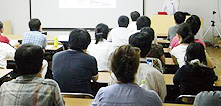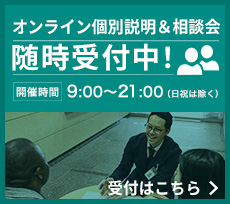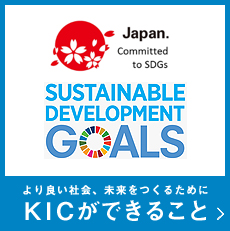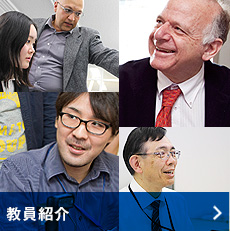- HOME
- ICT INNOVATOR COURSE
- ICTイノベータコース研究室紹介
- Samiullah Paracha assistant professor Lab
Samiullah Paracha assistant professor Lab
Development through Dialogue, Design & Dissemination
研究室の概要
ICT4D is an engineering lab that offers innovative ICT solutions to development challenges in the world. It considers the productive use of ICT as a vital input to addressing challenging issues of poverty, illiteracy, disease and natural calamities in the world. Driven by two main philosophies, ‘Tankyu Practice’ and Active Learning-based teaching, ICT4D Lab provides the skills, knowledge and attitudes to effectively deploy ICT project for long-term sustainability. The lab sessions are comprised of lectures,discussions, and hands-on laboratory modules. Topics of interest to this track include, but are not limited to e-Learning, ICT in healthcare and disaster risk management. Students work in multidisciplinary teams on their projects, closely collaborating with local community partners, field practitioners, and experts in relevant fields.
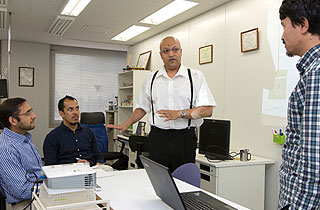
主な研究分野・テーマ
Main research themes to this track include, but are not limited to the effective use of ICT in education, healthcare, social welfare and disaster risk
研究・指導方法
I hear and I forget
I see and I remember
I do and I understand (Confucius 551‒479 BC)
ICT4D Lab believes in learning by doing, as such‘ Tankyu Practice’ and‘ Active Learning-based teaching’ models are compatible with its research and teaching practices. Tankyu Practice is an inquisitive approach to interrogative inquiry, developed by Prof. Toshiki Sumitani, and can be justified on the following grounds: (i) students identify social issues in developing countries; (ii) build possible ICT solutions; (iii) verify them from three perspectives; and (iv) make presentations in group work settings. Whereas, Active-Learning-based Teaching Model, developed by Hazzan et al., (2011), offers students the tasks that inculcate higher-order thinking, such as analysis, synthesis, and evaluation. The suitability of this approach can be justified on the following grounds: (i) Hands-on learning; (ii) Pacing; (iii) Bridging gaps; (iv) High-order thinking tasks; (v) Kinesthetic echniques; and (iii) Reflection.
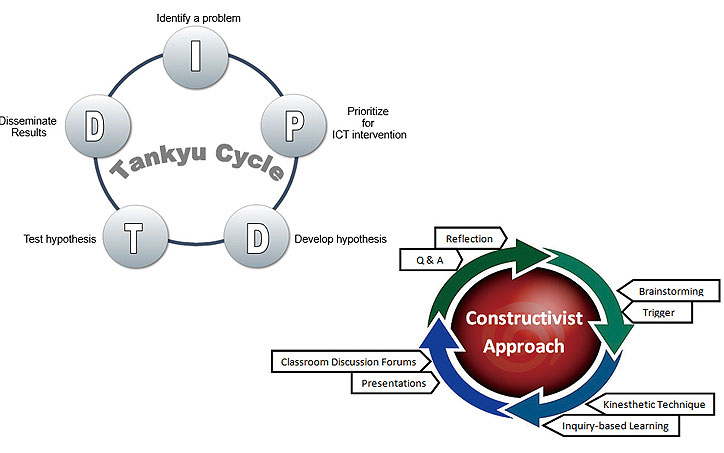
研究室所属学生インタビュー
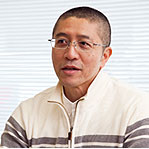
ICTで発展途上国の子どもたちの教育格差を解消したい
- 高原 敏竜
大阪芸術大学映像学科を卒業後、JICA(国際協力機構)青年海外協力隊に参加。ITを導入した支援について学ぶためICTイノベーターコースのあるKICへ。
私はJICAの国際協力事業に長年従事した経験から、発展途上国の開発をICTによってもっと充実させることができればいいなと感じていました。この考え方が「ICT4D※」で、ICT4Dのエキスパートを育成するコースを持つ学校が神戸にあると知って驚きました。というのも、これまではICT4Dを学ぼうと思ったら欧米へ行かなければならなかったからです。ま
た、ICTの技術を習得するのにもKICはベストの学校で、入学後は日本や母国パキスタンでICTによる教育関係業務の実績のあったパラチャ先生のゼミを選びました。
JICAの協力事業では、セネガルやケニアなどアフリカ諸国を訪れました。発展途上国では、国によって教育の質の差が激しいんです。教育は本来、子どもたちの役に立つもの、そして楽しく、興味を引き出し、なおかつ社会にあったものでなければなりません。ここで学んだ技術を生かして、どの国の子どもたちも良質な教育が受けられるような環境が、ICTで実現できたらいいですね。


